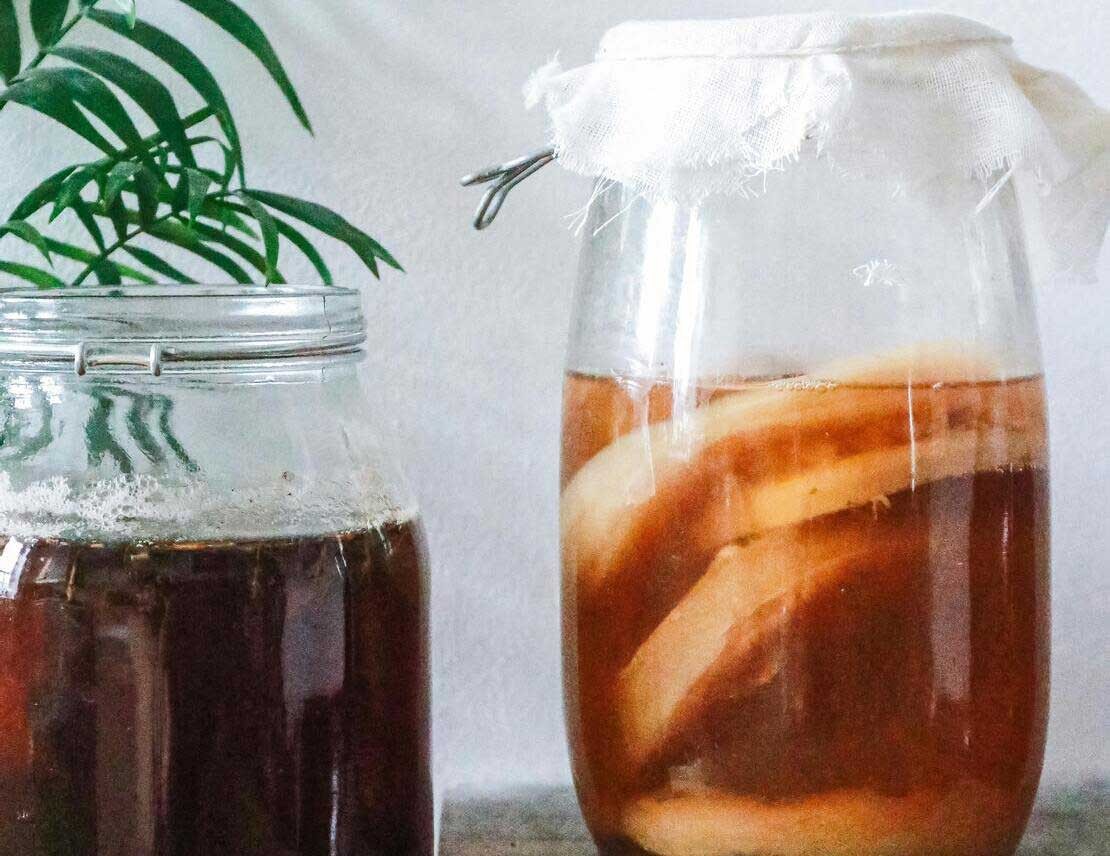
Kombucha: the tea-based fermented drink
Have you ever tasted kombucha? Exactly we used the adjective "la", it is in fact a fermented tea-based drink, not to be confused with green tea Sencha Kombucha for infusion, so much so that in most of the recipes offered online black tea is indicated as an ingredient . But let's proceed in order.
Many consider it a novelty but this drink actually has very ancient origins, it reached Europe (and in more recent times America), from Russia and China, where there are testimonies of its use already around 250 BC.
The drink owes its name to the culture of "friendly" bacteria and yeasts (Scoby, Symbiotic colony of bacteria and yeast) used to activate the tea fermentation process. (The scoby is easily available on the market but it is essential to select organic and certified products) but there are also those who prepare it at home.
It is particularly appreciated due to the benefits attributed to it for our organism and promoted as a healthy alternative to potentially harmful drinks. Kombucha, in addition to being rich in probiotics useful for our digestive system, has a fair content of antioxidants, vitamin B and C, the drink has a sparkling, slightly acidic and pungent but pleasant taste, and a very low alcohol content (less than 1.2% is in fact considered a non-alcoholic alternative).
How to prepare Kombucha
As anticipated, it is a drink obtained from the fermentation of sweetened green, white or black tea, and there is also a variant, much more recently created, based on mate.
For the procedure, a glass container, the scoby base will be added inside and the tea will then be poured. The fermentation process requires at least 2-3 weeks, at the end of this period, you will notice the formation of a new scoby "film" on the surface, which can be used as a base for subsequent fermentations.
Consider that for one liter of water you will have to add about 8 grams of tea, and about 80 grams of cane sugar. Let the infusion cool before adding it to the scoby.
The container used for fermentation must be closed, otherwise it could explode due to the production of CO2.
Kombucha has no particular contraindications but it is always good to remember that it is a "living" drink to be strictly kept in the fridge. It is also essential to follow the instructions for using the scoby, do not improvise.

All comments